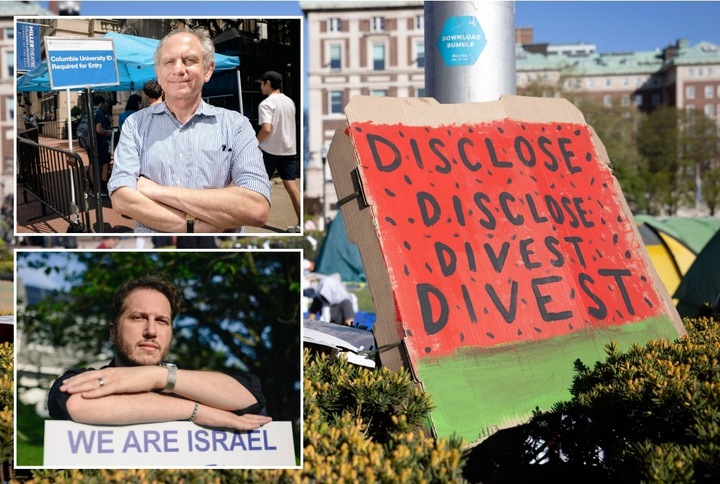Columbia University is set to begin a new school year amid concerns from professors about potential chaotic protests and disruptions. Last semester, protests, illegal encampments, and an occupation of Hamilton Hall led to classes going remote and the disruption of final exams and commencement. The university’s president, Minouche Shafik, has stepped down and been replaced by interim president Katrina Armstrong, adding to the uncertainty surrounding the upcoming semester. Efforts are being made to address community tensions through new orientation programs, negotiations with activist groups, and clarification of school rules, but some professors fear a repeat of the previous semester’s events.
Computer scientist and industrial engineering professor Cliff Stein expressed concerns about the potential for continued disruptions in the upcoming semester. Stein, who was not teaching classes last semester, described feeling upset and disrupted by the protests as the Director of the Data Science Institute. He highlighted instances of protests preventing access to campus for visiting teachers and disrupting academic life. Stein also mentioned the discomfort felt by many staff members due to campus chaos and expressed hope for improved enforcement of rules and messaging under Armstrong’s interim presidency.
Adjunct professor of architecture Elliot Glassman shared concerns about protests making Jewish students feel uncomfortable on campus. He criticized the demonization of one side and the lack of solutions-oriented discussions in academia. Glassman described a traumatic experience last fall witnessing pro-Palestine posters and offensive lectures about settler colonialism in the architecture school. He emphasized the degradation of a Columbia education and the impact on Jewish students feeling unwelcome on campus. Glassman highlighted the need to challenge the protests and school administration in order to prevent normalization of hostile campus environments.
Assistant professor of pediatrics Tom Hays expressed his lack of surprise at Shafik’s resignation and concerns about the upcoming semester. Hays criticized the school’s reluctance to address the situation and its silence following the protests. As a neonatologist specializing in newborn intensive care, Hays was alarmed by viral videos of students being pushed out of the protest encampment for being “Zionists.” He emphasized his concerns about the safety of students and the school’s failure to address issues of racism, bias, and social justice, especially after the events of the previous semester.
Overall, professors at Columbia University are apprehensive about the potential for disruptive protests in the upcoming semester. Concerns about the discomfort felt by Jewish students, the degradation of education quality, and the safety of students highlight the challenges faced by the university community. Efforts to address community tensions and enforce rules are ongoing, but there is uncertainty about the effectiveness of these measures in preventing a repeat of the disruptions seen in the previous semester. With a new interim president in place and continued discussions about campus activism, the university faces a challenging period as it prepares to navigate potential protests and maintain a safe and inclusive academic environment.


